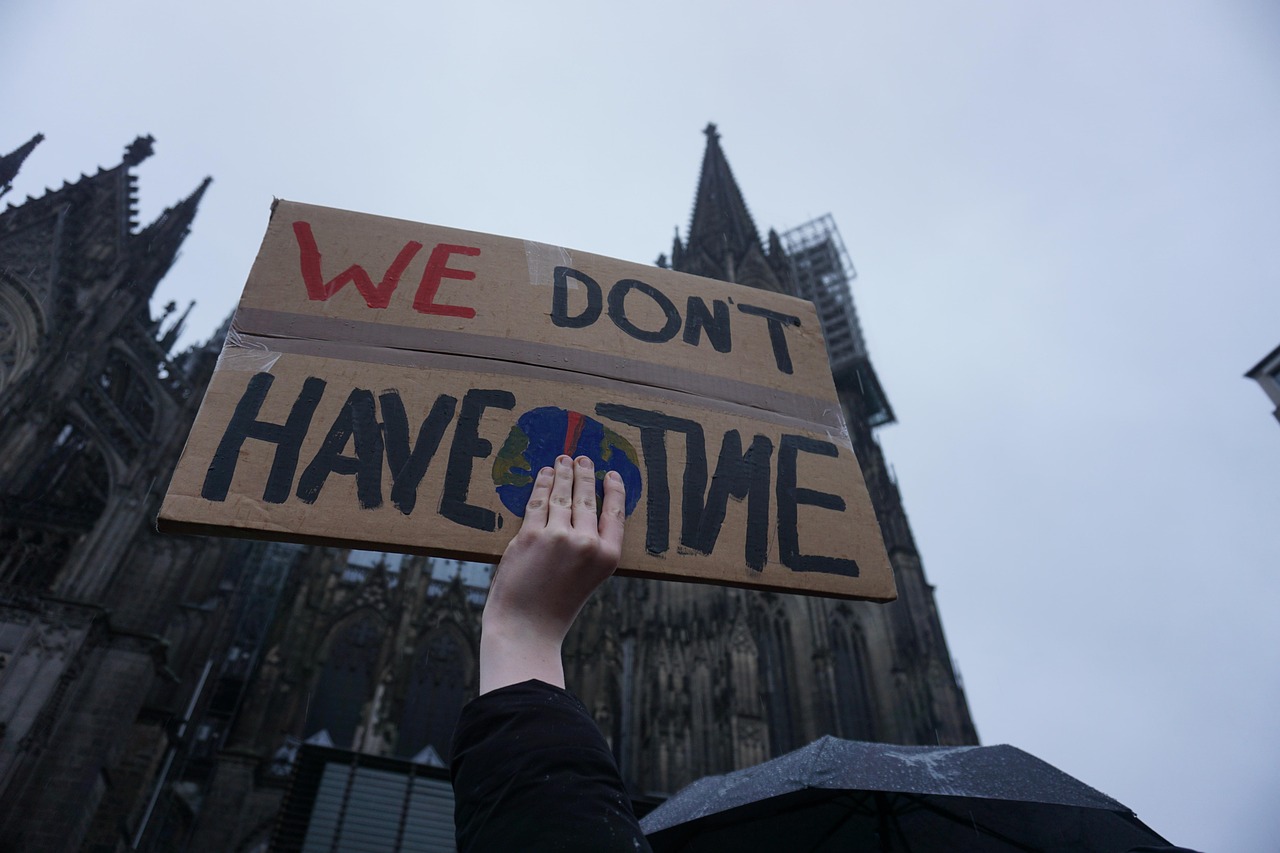Experts for the Office of the United Nations High Commissioner for Human Rights said Monday that countries at the United Nations (UN) Climate Change Conference (COP30) must advance human rights and negotiate in good faith to fulfill their legal duties under international law.
The experts’ statement asserts that climate action is “essential to prevent and redress disproportionate human rights harm on those in most vulnerable situations.” It calls on states to regulate the emissions of public and private actors and target fossil fuels within their economies. However, the experts warn that these actions should be carried out in an “inclusive and gender-responsive manner, grounded in equality and non-discrimination,” and be “fair and inclusive for workers and communities.”
The statement comes as an interpretation of an advisory opinion from the International Court of Justice (ICJ) in July. A UN General Assembly resolution requested the ICJ to answer what the obligations of states are in their climate actions. The advisory opinion analyzed numerous sources of international law to conclude that the right to a clean and sustainable environment is inherent and that states are obligated to exercise due diligence in protecting the environment and addressing climate change. Consequently, the experts assert that states at COP30 must negotiate for a human rights approach to climate action in accordance with this advisory opinion.
COP 30 began Monday in Brazil. The conference is already filled with debate as countries disagree over whether this year’s focus should be on contentious issues like fossil fuels or less divisive ones like deforestation. Notably, the US is absent from the conference this year. COP30 President Andre Correa do Lago commented, though, that the US absence has “opened some space for the world to see what developing countries are doing.” COP30 will conclude on November 21.

